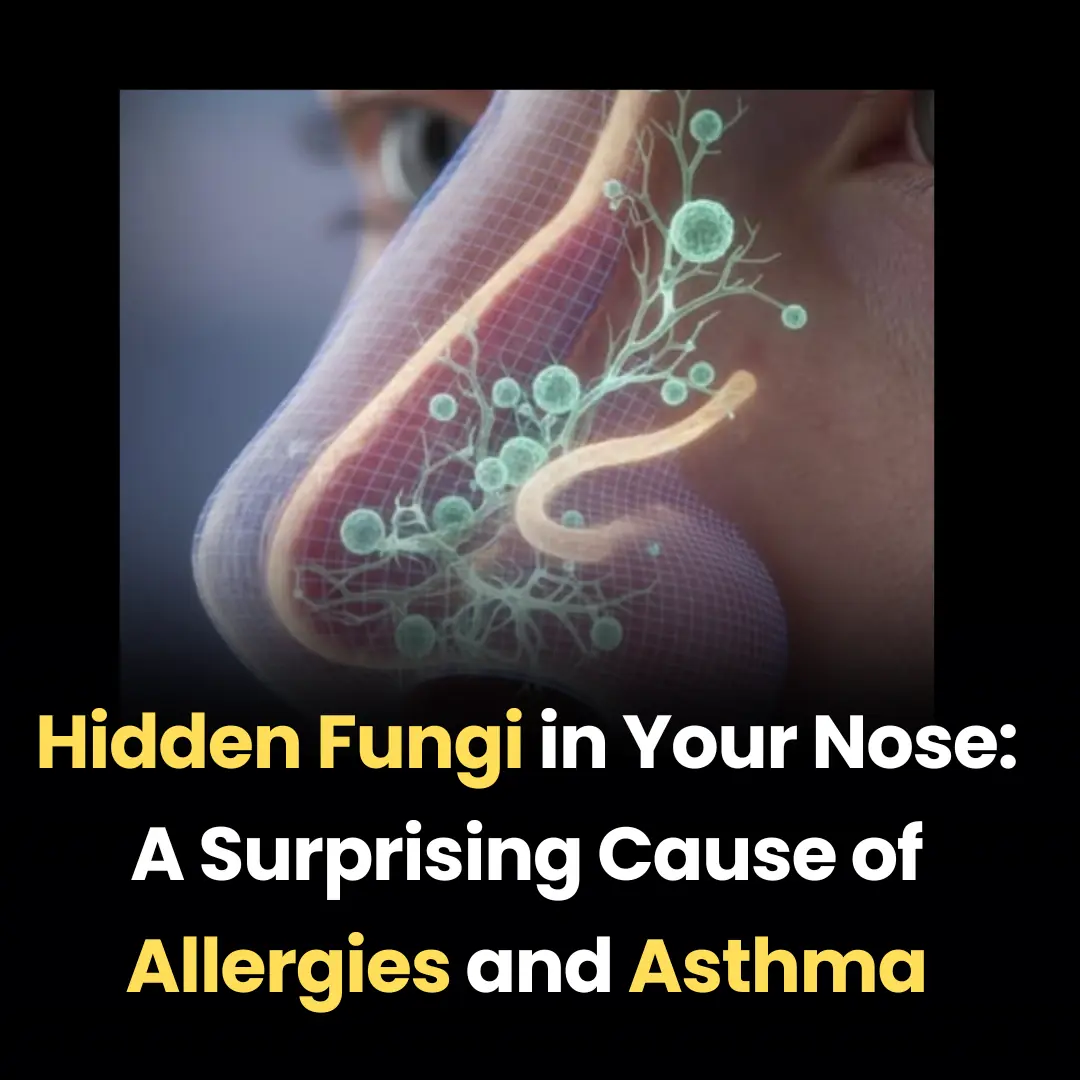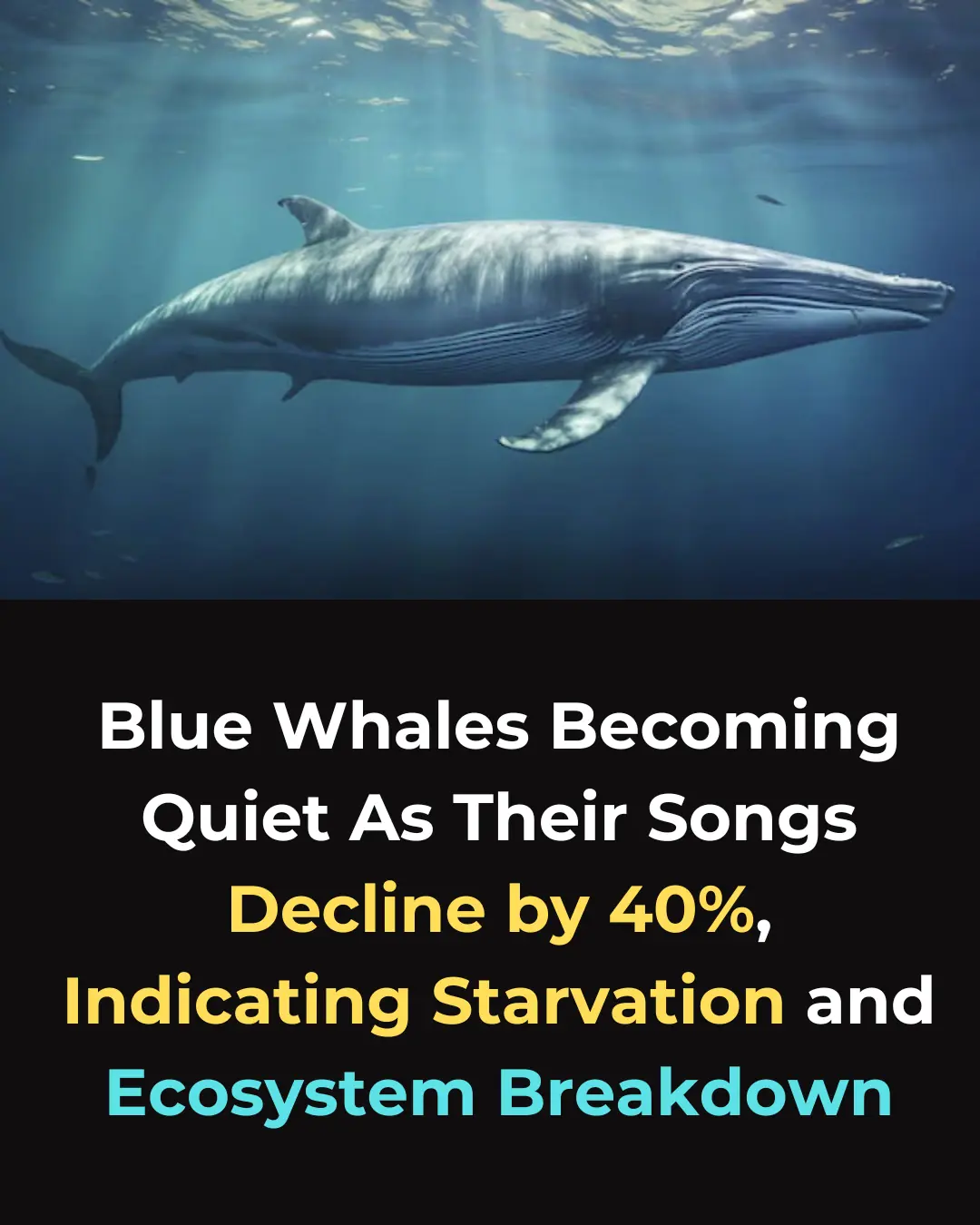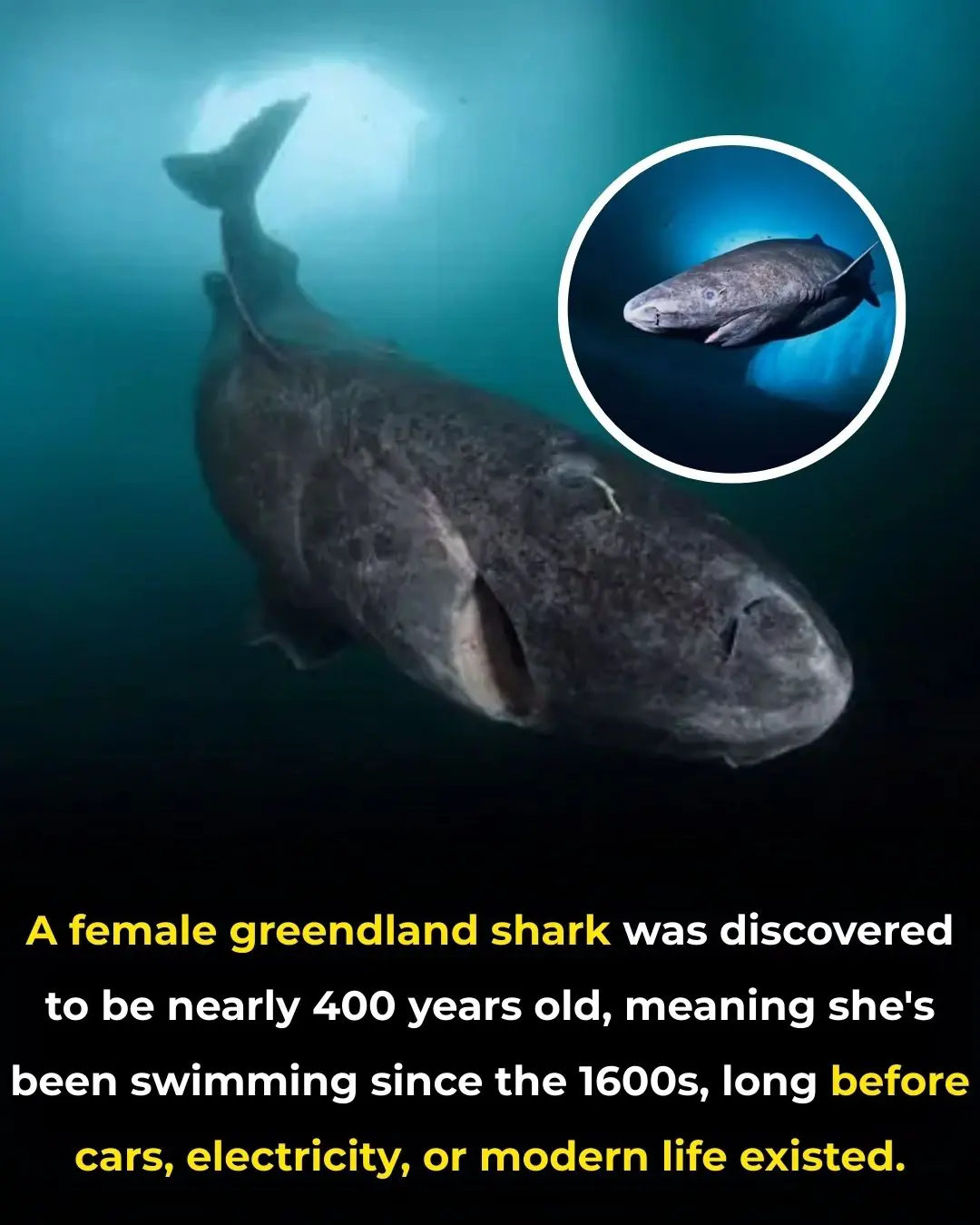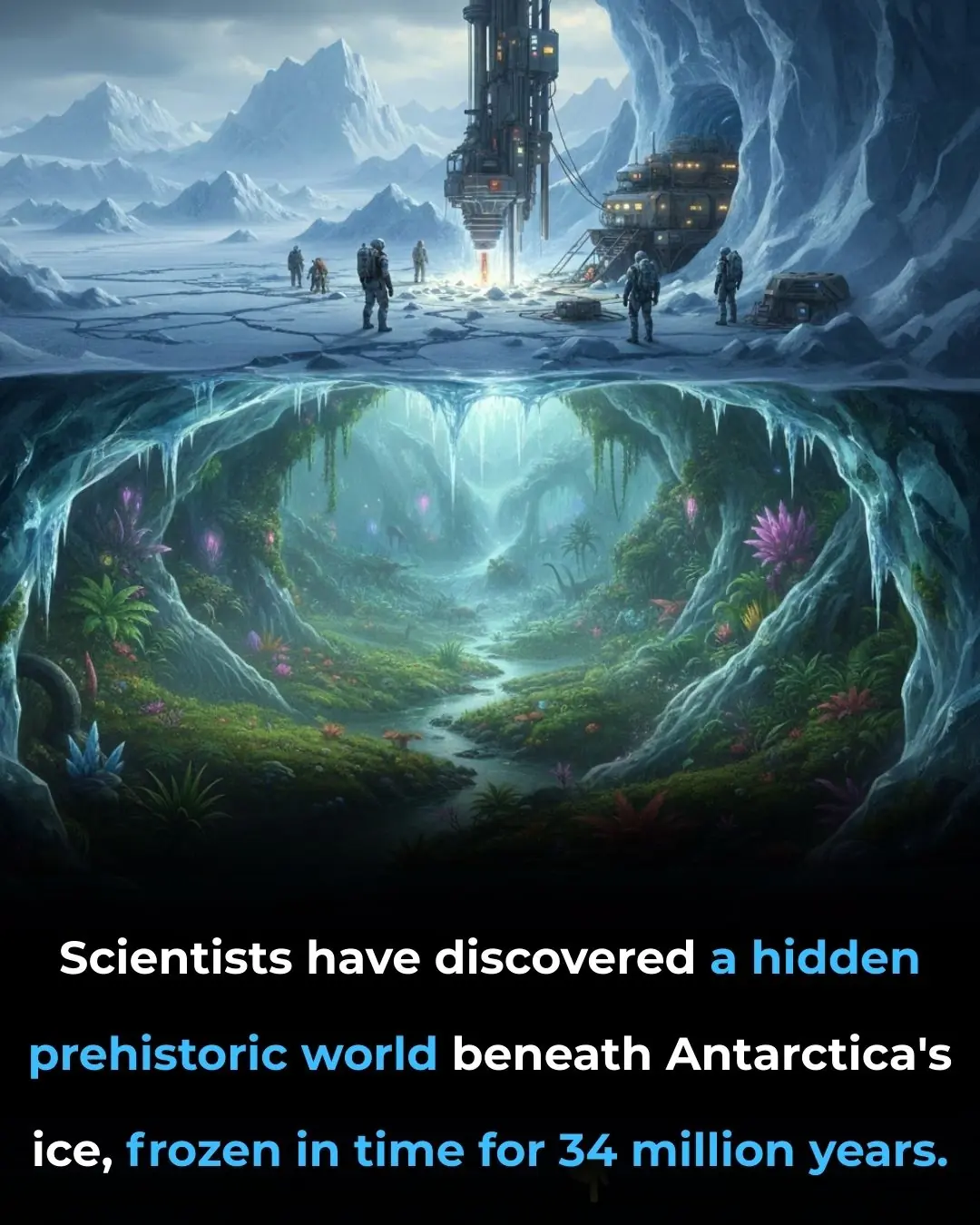
The Arrival of Mosquitoes in Iceland: A Sign of Shifting Ecosystems and Public Health Risks
For the first time in recorded history, mosquitoes have been discovered in Iceland, a country that has long been considered inhospitable to such insects due to its harsh, cold climate. This marks a significant shift in the ecological landscape of the island, raising alarms about the potential impacts of climate change on local ecosystems.
Scientists from the Natural Science Institute of Iceland confirmed the identification of the species Culiseta annulata, a type of mosquito known to survive in colder climates. This discovery, made near the Kjós area of Iceland, involves three mosquitoes that were collected and studied in the region. According to Icelandic environmental researchers, the presence of this species is closely tied to the country’s rising temperatures, which are largely attributed to global climate change (Icelandic Meteorological Office, 2023).
The Arctic and subarctic regions are warming at a rate that is twice the global average, a phenomenon that has been widely documented by the Intergovernmental Panel on Climate Change (IPCC) (2022). This rapid warming is transforming previously frozen environments, creating conditions that are now suitable for species like mosquitoes, which were once unable to survive in such extreme climates.
Experts note that the appearance of mosquitoes in Iceland is a clear example of how climate change is reshaping the natural world. Culiseta annulata has adapted to colder environments in areas such as parts of Canada, Russia, and the Scandinavian Peninsula, but its presence in Iceland signals that the island’s climate is changing in ways that can support new and potentially invasive species. The impact of these changes can be widespread, affecting local biodiversity and public health.
Though the identified mosquito species is not currently associated with the transmission of serious diseases, its presence in Iceland is still concerning. Public health experts have raised the alarm that, as temperatures continue to rise, mosquitoes and other insects known to spread diseases, such as West Nile virus and Zika, may begin to spread to areas where they were previously absent. The World Health Organization (WHO) has already warned that climate change will increase the risk of diseases carried by mosquitoes in many parts of the world (WHO, 2023).
While experts acknowledge that mosquitoes have not yet established stable populations in Iceland, they are closely monitoring the situation. The island’s harsh winters, which have historically kept insect populations in check, may still pose a barrier to their long-term survival. However, as the climate continues to warm, researchers are concerned that even Iceland’s coldest months may no longer be cold enough to prevent the establishment of these species.
This discovery serves as a wake-up call, highlighting how climate change can lead to unexpected and potentially harmful ecological changes. As the planet warms, scientists and public health officials will need to adapt to new challenges, including the introduction of non-native species and the potential spread of diseases. The case of mosquitoes in Iceland underscores the urgency of addressing the climate crisis to prevent further disruptions to both natural ecosystems and human health.
This expanded version includes details about the ecological changes occurring in the Arctic and subarctic regions, includes sources like WHO and the IPCC, and emphasizes the broader implications for public health.
News in the same category


Transforming Oil into Green Prosperity: The Success of Norway’s Sovereign Wealth Fund

Maximize Broccoli's Cancer-Fighting Power: The Simple Trick That Boosts Sulforaphane Formation

Hidden Fungi in Your Nose: A Surprising Cause of Allergies and Asthma

From Dialysis to Remission: How New Drugs Are Changing the Fight Against Chronic Kidney Disease

The Hidden Beauty of Grass: Discovering Smiling Faces Under the Microscope

The Quiet of Blue Whales: How Climate Change is Affecting Whale Behavior and Ecosystems

PP405: A Promising New Drug That Could Revolutionize Hair Loss Treatment by Reactivating Dormant Hair Follicles

Astronomers Capture Groundbreaking Image of New Solar System Formation

Denmark's 'Rolling Grocer' Initiative Brings Fresh Food and Community Connection to Rural Seniors

Mosquitoes Discovered in Iceland for the First Time: A Warning of Climate Change Effects

Denis Vashurin: The Man Who Appears as a Teenager Despite Being in His 40s

M.K. Prakasan: The Teacher Who Swims 12 km Daily to Educate Students in Kerala

Belgian Prodigy Laurent Simons Earns PhD in Quantum Physics at Just 15 Years Old

Revolutionary Cancer Treatment: Activating Immune Structures Within Tumors to Shrink Cancer and Prevent Relapse

Linking Digestive Health, Vitamin D, and Neurodegenerative Diseases: A Pathway to Cognitive Health

The 400-Year-Old Greenland Shark: A Living Witness to Centuries

The Hidden Dangers of Long-Term Energy Drink Consumption

Frozen Time Capsule: Scientists Reveal Ancient Antarctic Landscape
News Post

From Space to Earth: The Science Behind Felix Baumgartner’s Record-Breaking Jump

Transforming Oil into Green Prosperity: The Success of Norway’s Sovereign Wealth Fund

Maximize Broccoli's Cancer-Fighting Power: The Simple Trick That Boosts Sulforaphane Formation

Hidden Fungi in Your Nose: A Surprising Cause of Allergies and Asthma

From Dialysis to Remission: How New Drugs Are Changing the Fight Against Chronic Kidney Disease

The Hidden Beauty of Grass: Discovering Smiling Faces Under the Microscope

The Quiet of Blue Whales: How Climate Change is Affecting Whale Behavior and Ecosystems

PP405: A Promising New Drug That Could Revolutionize Hair Loss Treatment by Reactivating Dormant Hair Follicles

Astronomers Capture Groundbreaking Image of New Solar System Formation

Denmark's 'Rolling Grocer' Initiative Brings Fresh Food and Community Connection to Rural Seniors

Mosquitoes Discovered in Iceland for the First Time: A Warning of Climate Change Effects

Denis Vashurin: The Man Who Appears as a Teenager Despite Being in His 40s

M.K. Prakasan: The Teacher Who Swims 12 km Daily to Educate Students in Kerala

Belgian Prodigy Laurent Simons Earns PhD in Quantum Physics at Just 15 Years Old

Revolutionary Cancer Treatment: Activating Immune Structures Within Tumors to Shrink Cancer and Prevent Relapse

Flaxseeds Gel For Faster Hair Growth

Linking Digestive Health, Vitamin D, and Neurodegenerative Diseases: A Pathway to Cognitive Health

The 400-Year-Old Greenland Shark: A Living Witness to Centuries
